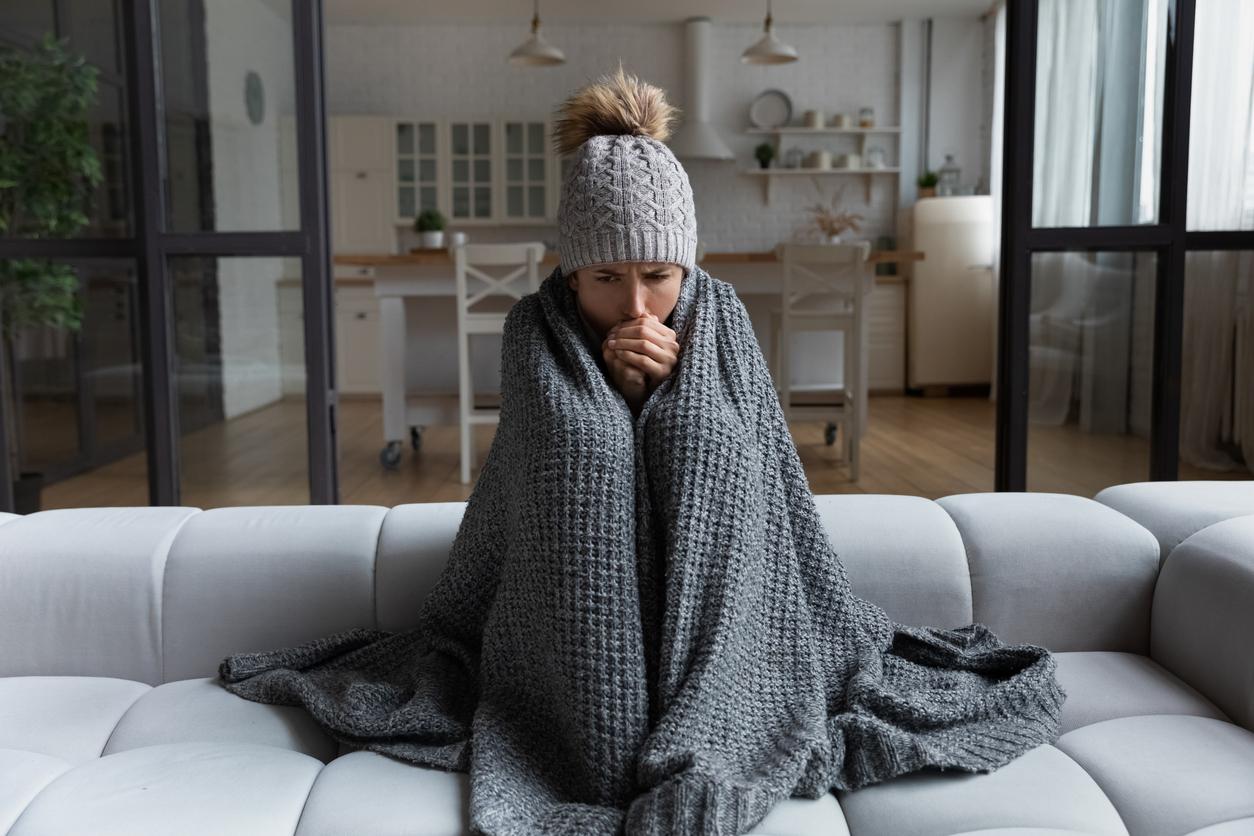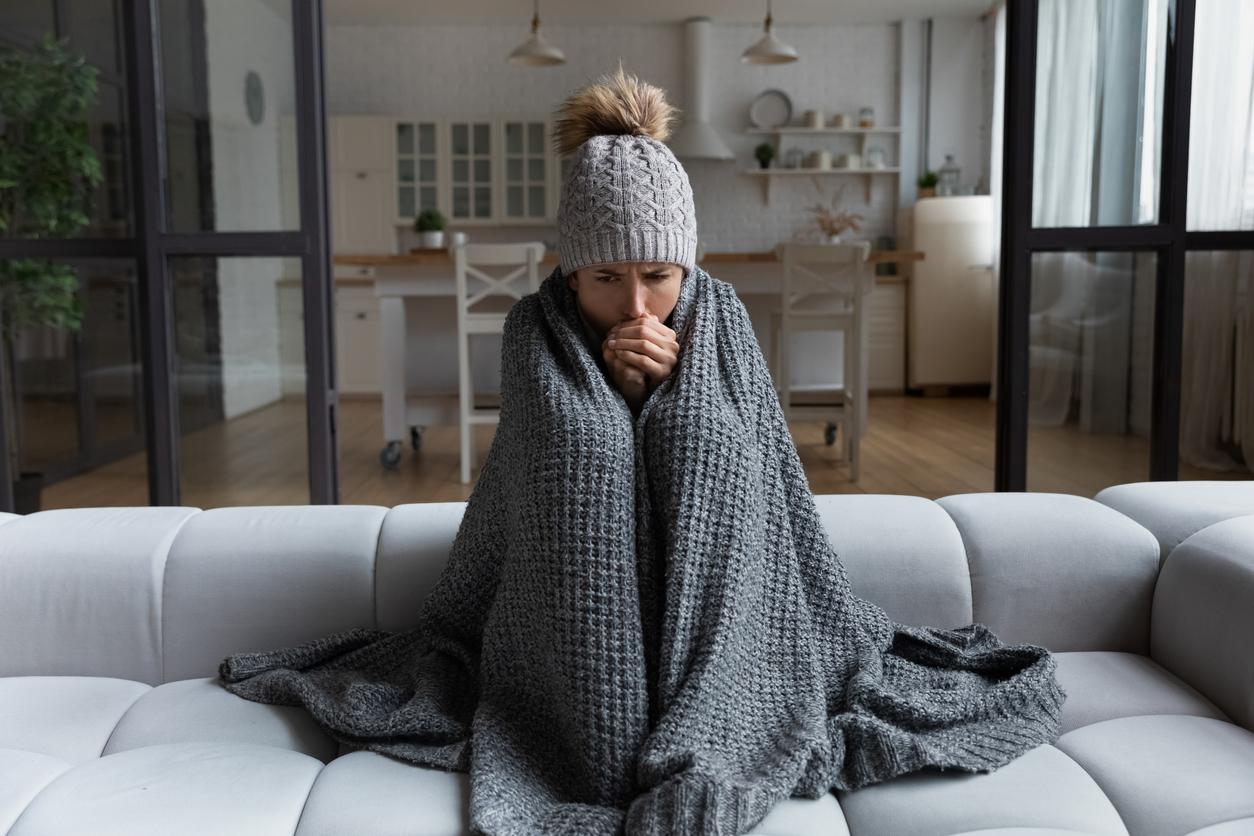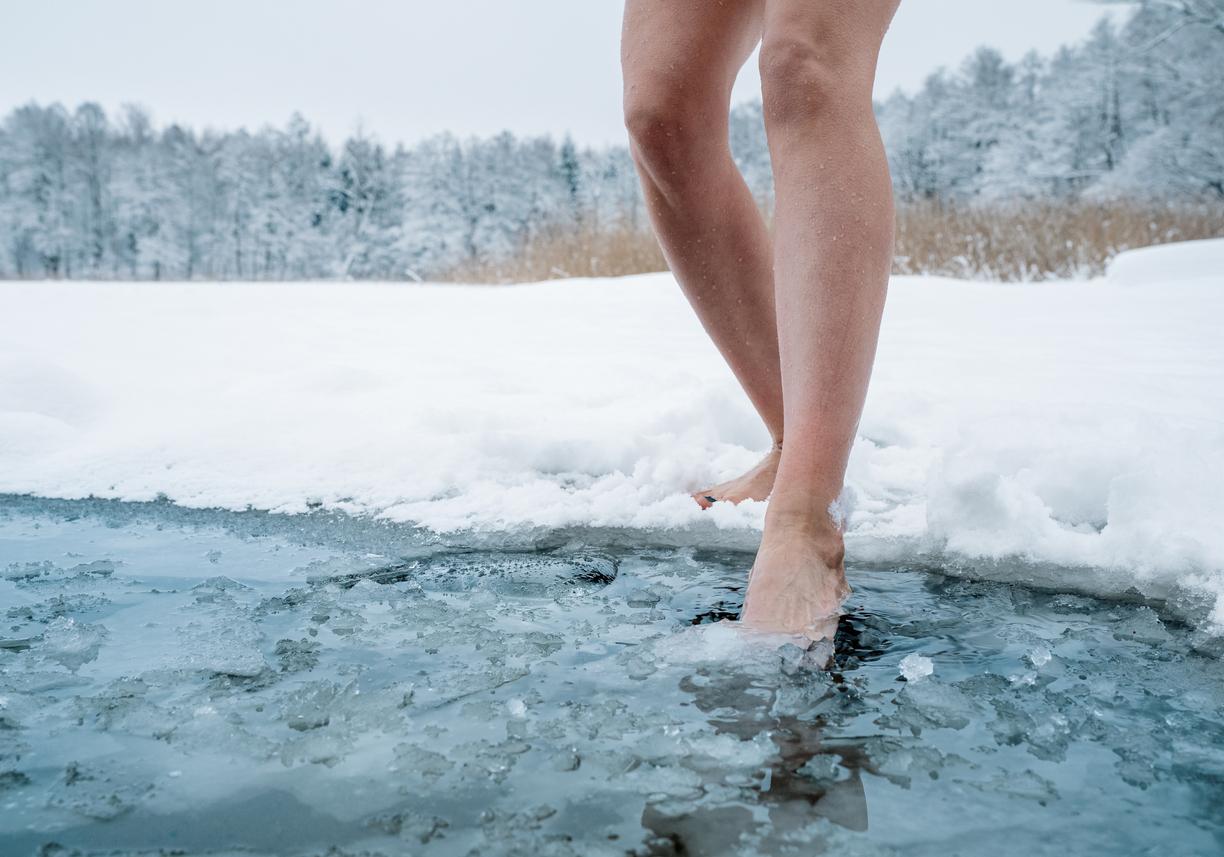Winter is coming, and so is the cold. Like every year, you will hear or pronounce this famous phrase: “Careful, you’ll catch a cold.” The problem ? This is a received idea. Above all because if the cold is unpleasant, it is not a disease: “It’s not him that makes you sick, but the infection with a virus”, simply explains Professor Anne-Claude Crémieux, infectious disease specialist at Saint-Louis Hospital in Paris. In other words, it is during close contact with a sick person or by touching an object or a support on which there is a virus or a bacterium, that one becomes contaminated.
If it does not make us directly sick, the cold weakens us
But be careful, however: the drop in temperature is obviously not without danger for you.“The cold promotes certain diseases”, continues Professor Crémieux, “because it causes irritation of the respiratory mucosa.” An irritation which therefore prepares the ground for possible infections: the respiratory mucosa – which serves as a natural barrier – being weakened, it plays its role less well, leaving a gateway for bacteria and viruses.
On the other hand, our body is not naturally designed to fight against mercury drops (where sweating allows us to evacuate heat), cold waves drain a good part of our energy, reduce our immune defenses and cause excess mortality, in particular due to the increase in cardiovascular accidents.
Science still doesn’t know why viruses love the cold
But not only, since we also see that viruses circulate much more in winter. Fine, but why? “In winter, we are much more often indoors. And as we have seen with the Covid epidemic, viruses are transmitted more easily in closed environments“, explains Professor Crémieux, before confessing a certain impotence: “But more generally, we don’t know fundamentally why periods of cold favor the circulation of viruses so much. This was also revealed during this epidemic: not only is the seasonal nature of a virus difficult to predict, but we do not yet know how to link it to structural or functional characteristics of the virus. It remains something very poorly understood.
The fact that we fall ill more often in the winter is therefore a mere coincidence? Not for the Swedish researchers at the University of Gothenburg, who observed in 2017 that the flu appeared after an initial period of cold and dry weather, said drought lightening the microparticles of the ambient air and favoring viral movements. “But in the end, all of this seems quite fragile to me”, commented Professor Crémieux, familiar with the study. “The truth is, we don’t know much.”
Anyway, this winter like all the others, we will have to fight against the disease by repeating the sanitary gestures that we all know by heart today, but also by avoiding strong thermal variations (the famous “hot- cold”) which destabilize the body by reducing our immune defences. So do not overheat your interior, ventilate your interior daily to renew the air and superimpose layers of clothing. Spring will finally arrive!
Read also:
- Is the cold good or bad for the body?
- Anti-chill foods
- Can we really boost our immunity?
















